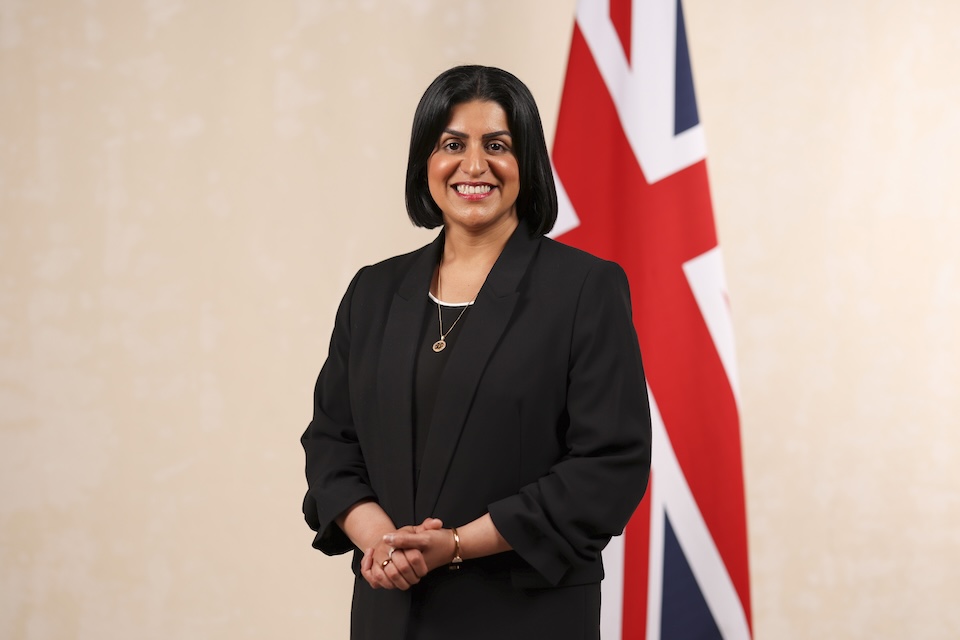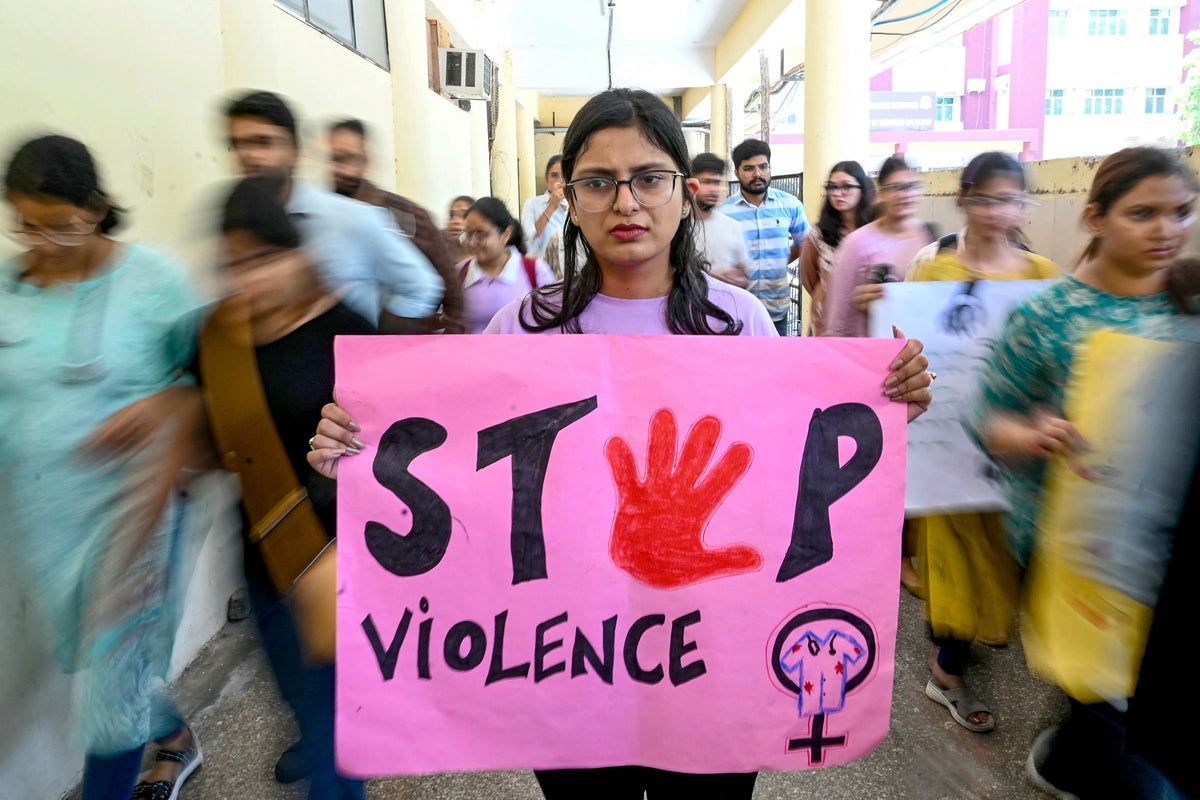A court in India has ruled that sex, including “unnatural sexual acts” by a man with his wife, even without her consent, cannot be considered rape.
The Chhattisgarh High Court acquitted a 40-year-old man this week, who was arrested in 2017 and later convicted by a lower court in Bastar district on charges of rape, “unnatural” sex, and culpable homicide not amounting to murder for his wife’s death.
The woman was rushed to hospital with complaints of pain after her husband engaged in certain sexual acts without her consent. She was admitted to the hospital and subsequently died on the same day, according to the legal media outlet Live Law.
The woman in her dying declaration before a magistrate reportedly said that she fell ill due to “forceful sexual intercourse” by her husband, believed to be non-consensual acts of anal penetration.
The man was sentenced to 10 years of rigorous imprisonment with default stipulations based on the woman’s dying declaration after the hospital ruled the cause of her death to be peritonitis and rectal perforation.
The defence argued before the high court that there was no legally admissible evidence against the accused and the conviction was based only on the woman’s dying declaration. The counsel further contended that the trial “court had overlooked statements from two witnesses who testified that the woman had suffered from piles since her first childbirth which caused bleeding and abdominal pain”, the Times of India reported.
The single judge bench of justice Narendra Kumar Vyas observed that “if the age of wife is not below age of 15 years then any sexual intercourse or sexual act by the husband with his wife cannot be termed as rape under the circumstances, as such absence of consent of wife for unnatural act loses its importance”.
“This court is of the considered opinion that the offence under Section 376 and 377 of the Indian Penal Code (IPC) against the appellant is not made out.” In 2018 the Supreme Court scrapped the colonial-era section 377 under which gay sex was categorised as an “unnatural offence”.
In 2023, India’s parliament passed the biggest changes to the country’s criminal justice system in 150 years by replacing the IPC with the Bharatiya Nyaya Sanhita (BNS). The BNS does not include a provision similar to Section 377 of the erstwhile IPC.
The sections that deal with rape in both IPC and BNS exclude acts of non-consensual sexual intercourse by a husband with his wife, with the former setting the age limit of the woman at 15 and the latter raising it to 18. It means, forced sexual intercourse with a wife over 18 years of age is not considered rape under current Indian law.
The high court held that sexual intercourse or sexual acts by a man with his wife, the wife not being under the age of 15, is not rape and that any “unnatural sex” as defined under section 377 can’t be treated as an offence.
India has not criminalised marital rape – an offence which is punishable in more than 100 countries, including the UK. The Indian government under prime minister Narendra Modi last year officially opposed calls to classify non-consensual sexual acts in a marriage as “rape”, arguing the move could have an impact on conjugal relationships and disturb the institution of marriage.
The federal Home Ministry told the Supreme Court that while a husband does not have the right to violate his wife’s consent, labelling such an act “rape” would be “excessively harsh and therefore disproportionate”.
The statement was made in response to a batch of petitions put before the Supreme Court, which seek the removal of an exception in the country’s penal code that states that a sexual act by a man with his own wife, as long as the wife is not under 18 years of age, is not rape.




